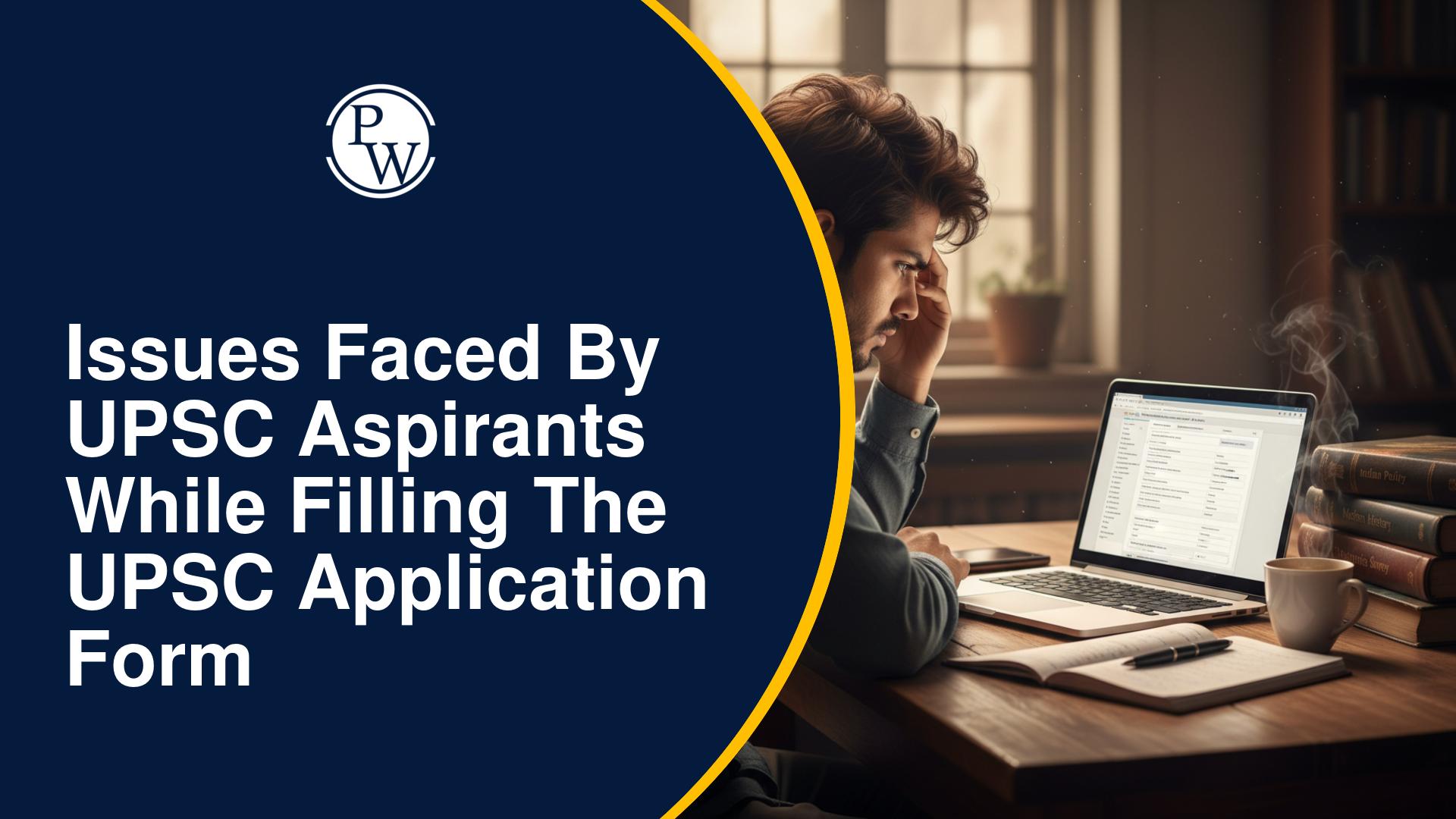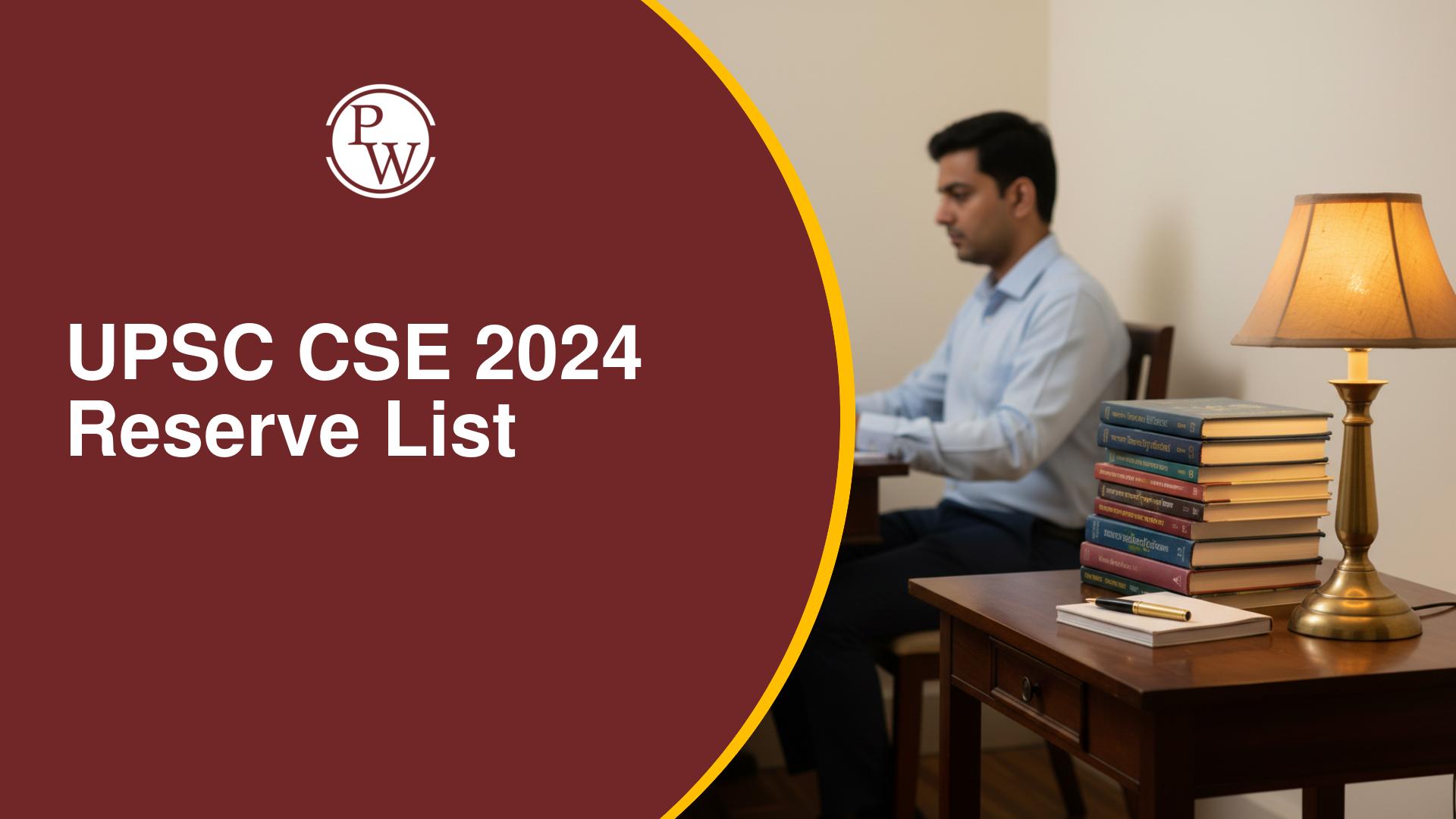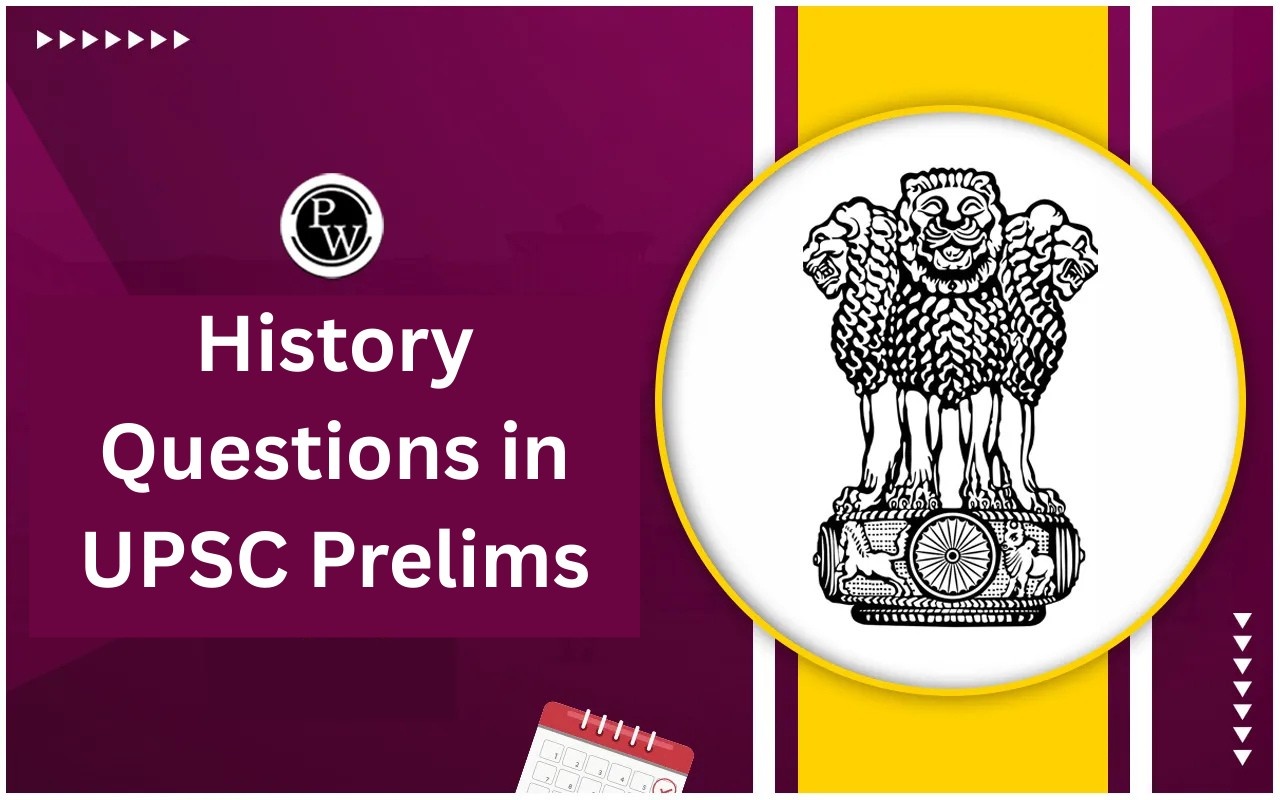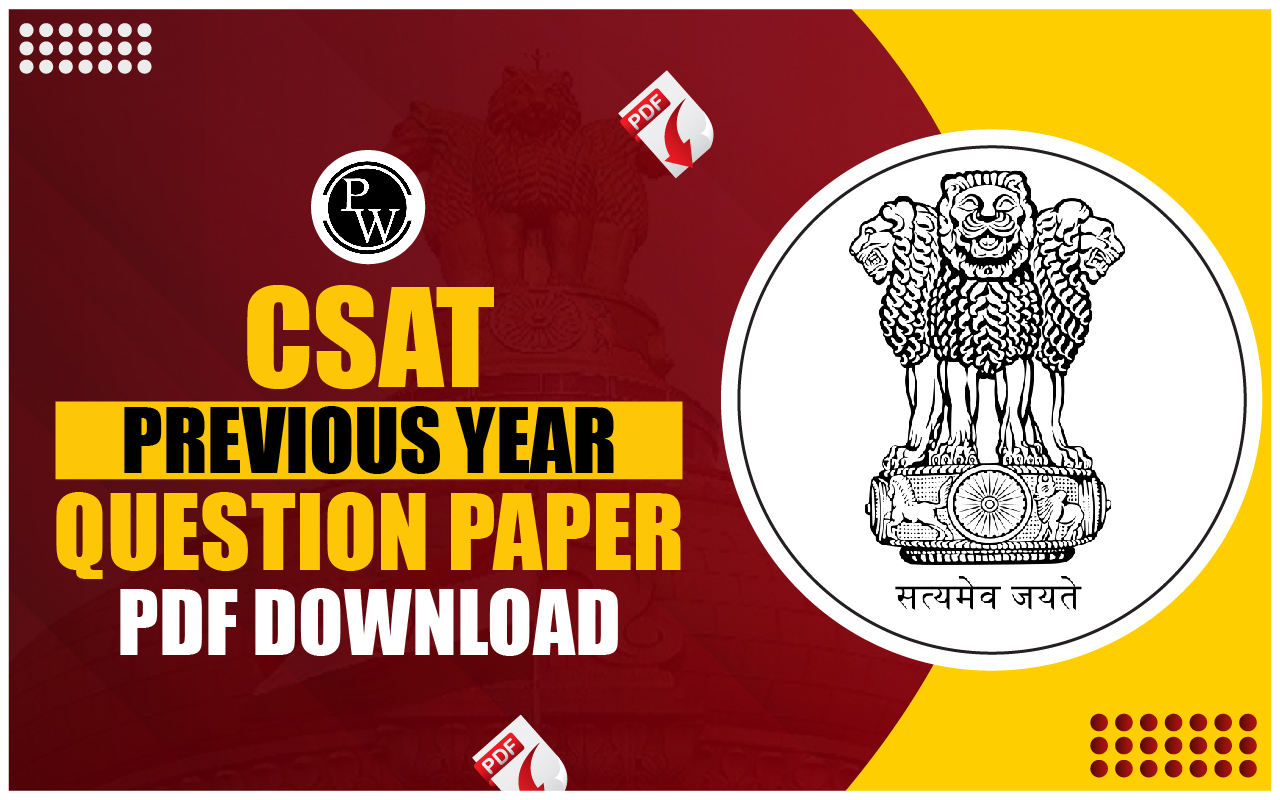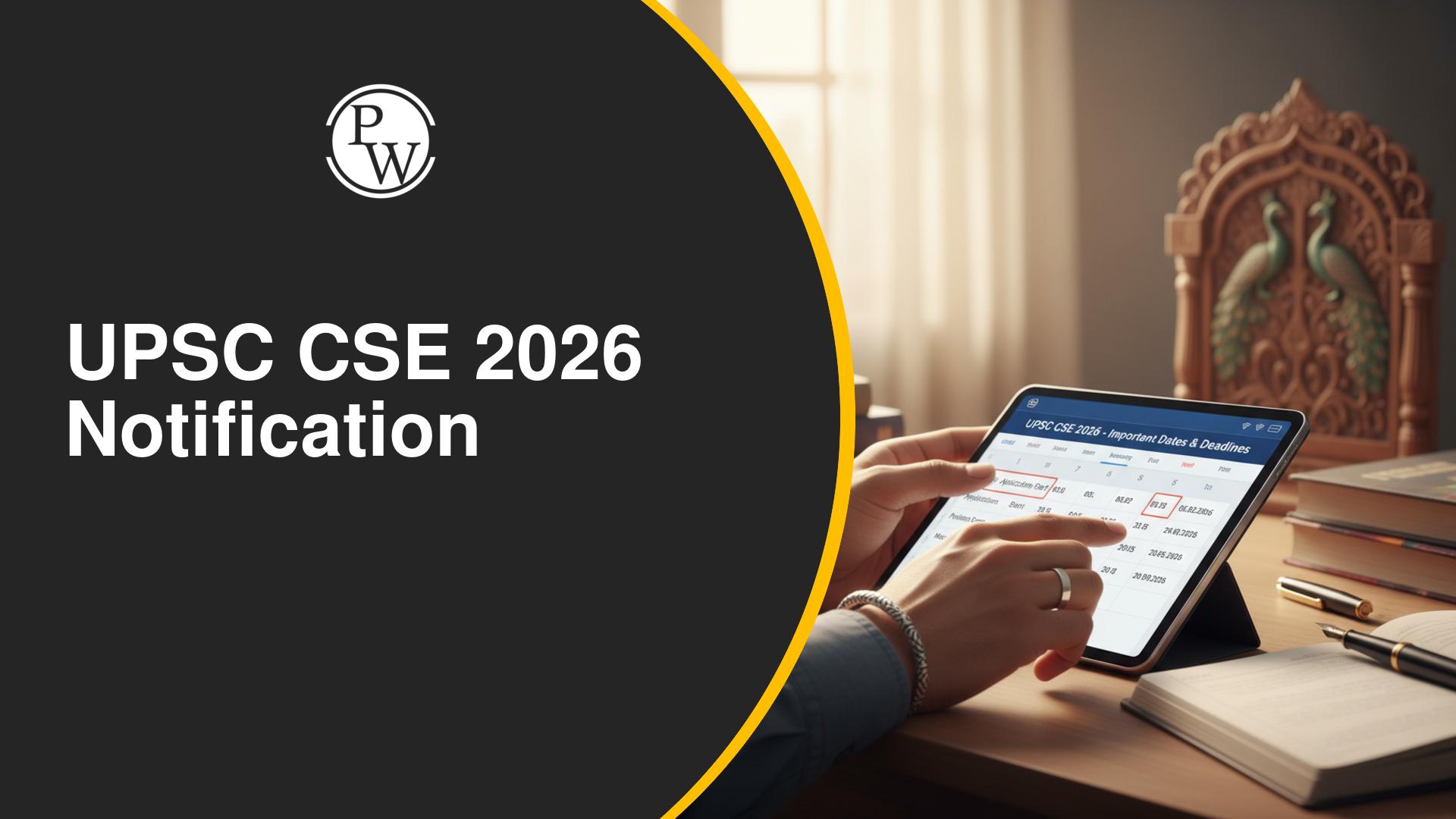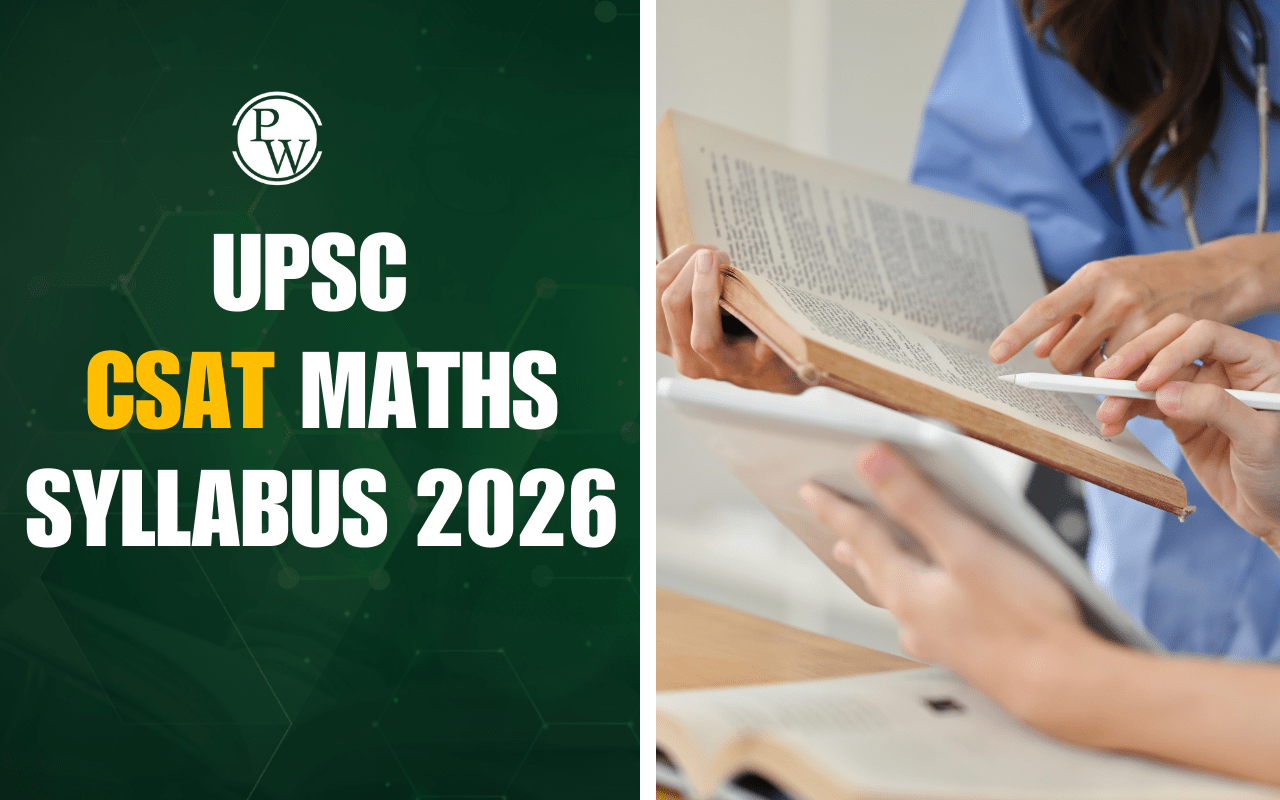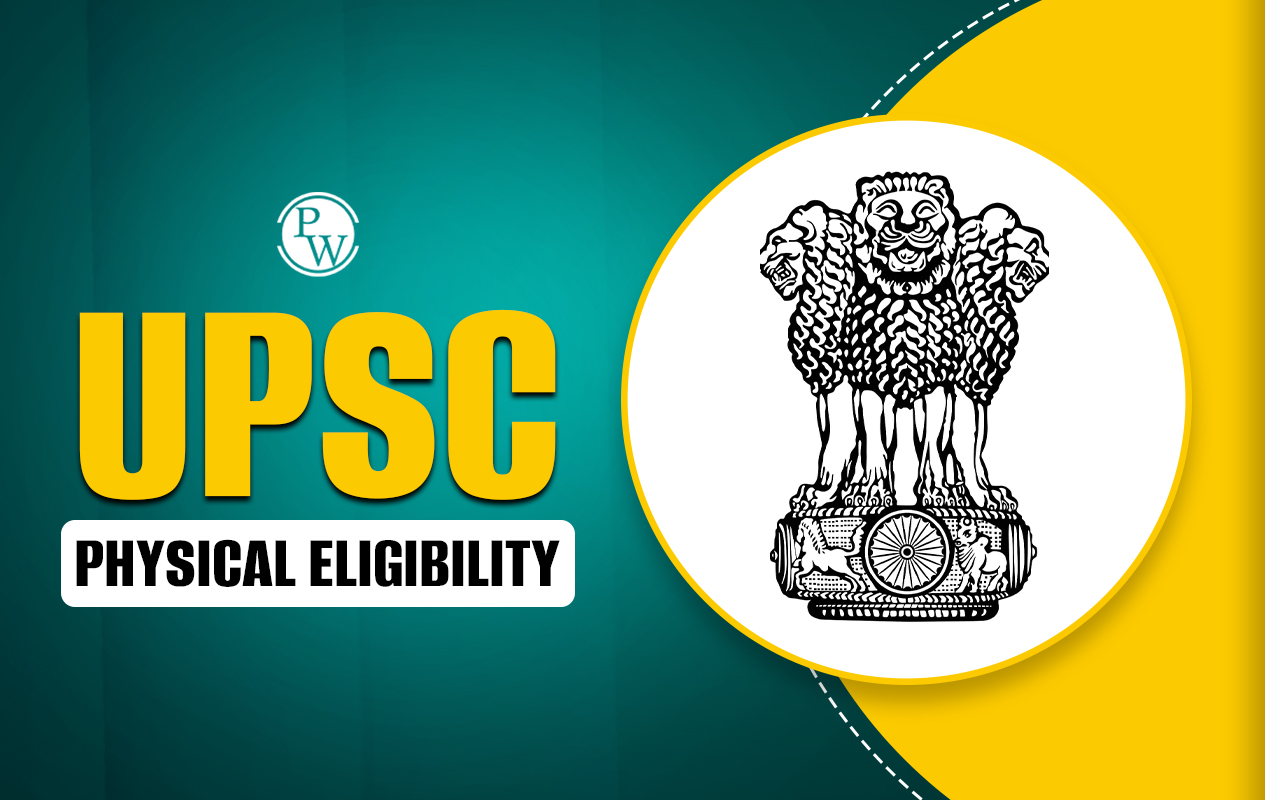
UPSC Public Administration Optional 2025 remains one of the most popular and rewarding choices for aspirants aiming for the Civil Services Exam. Known for its relevance to governance, policy formulation, and administrative ethics, Public Administration offers both theoretical depth and practical insight, making it highly advantageous for those aspiring to join the Indian Administrative Services and other central services. Read to understand the scope of the UPSC Public Administration Optional syllabus, the latest trends in question papers, key resources, and proven strategies for scoring high in both Paper I and Paper II.
UPSC Public Administration Optional 2025
Public Administration is basically all about how governments work. It looks at different ideas and approaches to running a country, how organizations within government are set up, and how they make and carry out decisions (policies) that affect everyone. Candidates who choose Public Administration as an optional subject generally study topics such as administrative theories, organizational behavior, public policy analysis, public finance, bureaucratic systems, governance, and public sector management. The subject equips students with the knowledge and skills necessary for understanding the functioning of public institutions, policy formulation, implementation, and evaluation.UPSC Public Administration Optional Syllabus
The Public Administration optional syllabus for the Civil Services Examination covers a wide array of topics, providing a complete understanding of administrative theories, public policy, governance, bureaucracy, and development administration. Let's break down the syllabus into its key components, that is Paper I and Paper II, which are classified on the basis of Administrative theory and Indian Administration.Public Administration Optional Paper I Syllabus
Here is the syllabus of Public Administration Optional paper 1:
| Topics | Sub Topics |
|
|
|
|
|
|
|
|
|
|
|
|
|
|
|
|
|
|
|
|
|
|
|
|
Public Administration Optional Paper II Syllabus
Here is the syllabus of UPSC Public Administration Optional paper 2nd:
| Topics | Sub Topics |
|
|
|
|
|
|
|
|
|
|
|
|
|
|
|
|
|
|
|
|
|
|
|
|
|
|
|
|
Benefits of Choosing Public Administration Subject in UPSC Exam
Choosing public administration as an optional subject gives many benefits:- Understanding Government Mechanism: Public administration provides insights into the functioning of government institutions. As future administrators, having this knowledge is crucial in managing its affairs.
- Perceived Simplicity: The subject is generally regarded as easy and straightforward to understand.
- Ample Study Material: There is a wealth of study material available for public administration, making preparation more accessible.
- Direct Overlap with General Studies (GS): Studying public administration also benefits you in GS papers. Around 60% of GS topics overlap with public administration, including areas like governance, constitutional features, and government policies.
- Useful for Essay Paper and Interview: The knowledge gained from this subject can be applied not only in the optional paper but also in the essay paper and during your IAS interview.
UPSC Public Administration Optional Exam Pattern 2025
The Public Administration optional paper consists of two papers: Paper I and Paper II. Each paper consists of 250 marks. Each paper is divided into two sections. 4 questions Question 1 and Question 5 are compulsory from the 8 questions of each paper. Paper I focuses on administrative theories and concepts, while Paper II delves into Indian administration, public policy, and development administration. Both papers aim to assess candidates' understanding of theoretical concepts and their ability to apply them to real-world administrative scenarios.Preparation Strategy for Public Administration Optional for UPSC
Preparing for the Public Administration optional subject in the UPSC Civil Services Examination requires a focused and strategic approach. Let’s dive into some effective strategies:- Thorough Understanding of Basics: Public Administration (Pub Ad) is a challenging optional subject that demands conceptual clarity. Be well-versed with the fundamental concepts, theories, and principles. Without a strong foundation, it’s difficult to score well in the Pub Ad optional exam.
- Create Concise Notes: Make comprehensive notes as you cover different topics. After 2-3 readings, consolidate related chapters. Interlink topics—for instance, connect civil services and personnel management. This will aid during revision.
- Consistent Study Routine: Don’t neglect optional subjects. Allocate daily study time (around 2-3 hours) specifically for Pub Ad. Regularity is key to mastering this subject.
- Remember Quotes from Thinkers: Cite quotes from renowned thinkers and personalities in your answers during the UPSC Mains examination..
- Answer Writing Practice and Test Series: Join a test series specifically for Pub Ad. It helps you gain new insights, improve analytical skills, and manage time effectively. Answer writing practice is crucial. Frame your responses like a Pub Ad student, incorporating relevant quotes and concepts.
- Learn from Previous Year Questions: Solve past four years’ UPSC question papers. Read a question and attempt to frame an answer. Understand the question’s context and tailor your response accordingly.
- Approach Like a Pub Ad Student: Whether or not you have a background in Public Administration, adopt the right method when answering questions. Use administrative terms, explore problems from an administrative perspective, and demonstrate a structured approach.
Public Administration Optional Books
Selecting the right books is paramount for effective preparation in Public Administration optional. Some recommended books include:- "Public Administration" by Laxmikanth
- "New Horizons of Public Administration" by Mohit Bhattacharya
- "Indian Administration" by S.R. Maheshwari
- "Public Policy: Concepts, Theories, and Applications" by Rumki Basu
- "Administrative Thinkers" by Prasad and Prasad
- Public Administration: Concepts and Theories- Basu Rumki
- Public Administration and Public Affairs 12th Edition – Nicholas Henry
- Contemporary Debates in Public Administration by Dhameja Alka
- Introduction to the Constitution of India by D.D. Basu
- Administrative Theories And Management Thought by Sapru
Public Administration Optional Previous Year Questions (PYQ)
Familiarizing yourself with the format and structure of the Public Administration optional question paper is crucial for effective time management during the exam. Solving Public Administration optional PYQs can also help identify areas of strengths and weaknesses, allowing aspirants to focus their preparation accordingly.UPSC Public Administration Optional 2025 presents a compelling choice for aspirants aiming to build a career in governance and public service. With its direct relevance to the Indian administrative system, governance practices, and policy-making processes, the subject offers both conceptual clarity and practical applicability. With the right guidance, resources, and disciplined strategy, aspirants can leverage Public Administration not just for clearing the exam, but also for laying a strong foundation for their future role in public governance.
UPSC Public Administration Optional 2025 FAQs
Is Public Administration a good optional for UPSC?
What is the full form of pub ad optional?
Can I take Public Administration without a background in the subject?
How long does it take to complete the syllabus for Public Administration?
How much overlap is there with the GS papers?


